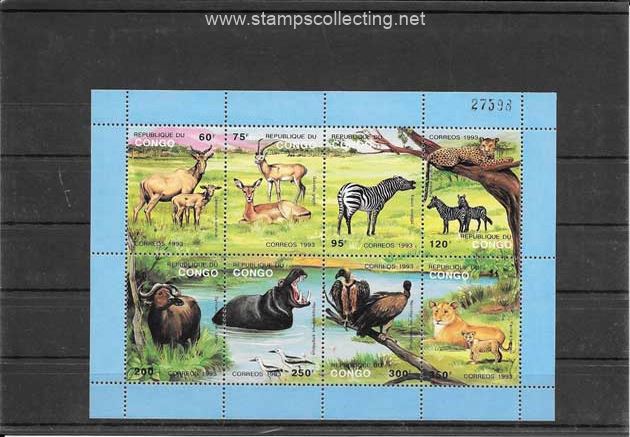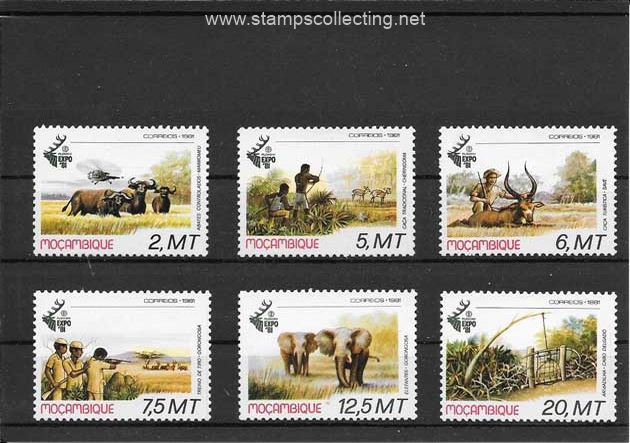Africa is home to a wide variety of wildlife, including many species of mammals, birds, reptiles, and fish. Some of the most iconic African animals include lions, elephants, zebras, giraffes, and crocodiles. The African savannah is home to large herds of grazing animals such as wildebeest, zebras, and gazelles, which are preyed upon by big cats like lions, cheetahs and leopards.
The African rainforest, also known as the Congo Basin, is home to an incredible array of animals, including gorillas, chimpanzees, okapi, and forest elephants. The African forest also hosts a wide range of bird species such as the African grey parrot, the hornbill and the turaco.
[enlace1]
The African deserts are home to a unique set of animals that have adapted to survive in harsh conditions, such as the desert warthog, the dama gazelle, and the desert-dwelling addax. The Nile River, which runs through several countries in Africa, is home to many species of fish and aquatic mammals, including the Nile crocodile and the hippopotamus.
Africa is also home to many species of primates, such as the baboon, the vervet monkey and the colobus monkey, as well as many species of antelopes, such as the kudu and the impala. The African continent is also home to the big five game animals: the lion, leopard, elephant, rhinoceros and Cape buffalo.
It is worth noting that many species of African wildlife are facing threats such as habitat loss, poaching, and climate change, therefore it’s important to support conservation efforts to help protect these animals and their ecosystems.
Wildlife of Congo stamps
Congo, país africano que limita con el oeste con el Océano Atlántico, con Camerún y Gabón al noroeste, al norte con Centro África .

Wildlife Mozambique stamps
Mozambique is a popular destination for those who enjoy outdoor activities, particularly for those who are interested in observing and interacting with the diverse wildlife of the country. Hunting, or the pursuit of game animals, is considered an important economic activity in Mozambique, as it generates revenue through tourism. The country offers a wide variety of opportunities to observe and interact with different species of big and small game animals.
The government regulates the activity to ensure its sustainability, and those who participate in it are required to have a permit and to be accompanied by a licensed professional. The activity is only allowed in designated areas and only during specific seasons. Also, it’s important to use firearms in a responsible and ethical manner, and certain types of weapons may be restricted.
Mozambique’s hunting tourism is considered sustainable, with companies ensuring that it is carried out in a responsible and ethical manner, with a focus on conservation and animal welfare. The fees generated by this activity are also used to support conservation and community development programs in rural areas. It’s important to note that observing certain species may be restricted or banned in certain areas or periods of the year, due to conservation concerns. It’s important to check the rules and regulations before planning your trip, and to choose a reputable company that adheres to ethical practices.
Mozambique se encuentra situado al sureste de África, bañada por el Océano Índico, limita al norte con Tanzania, al noroeste con Malawi, al oeste con Zambia y Zimbabwe y al sur con África del Sur y Swazilandia.

